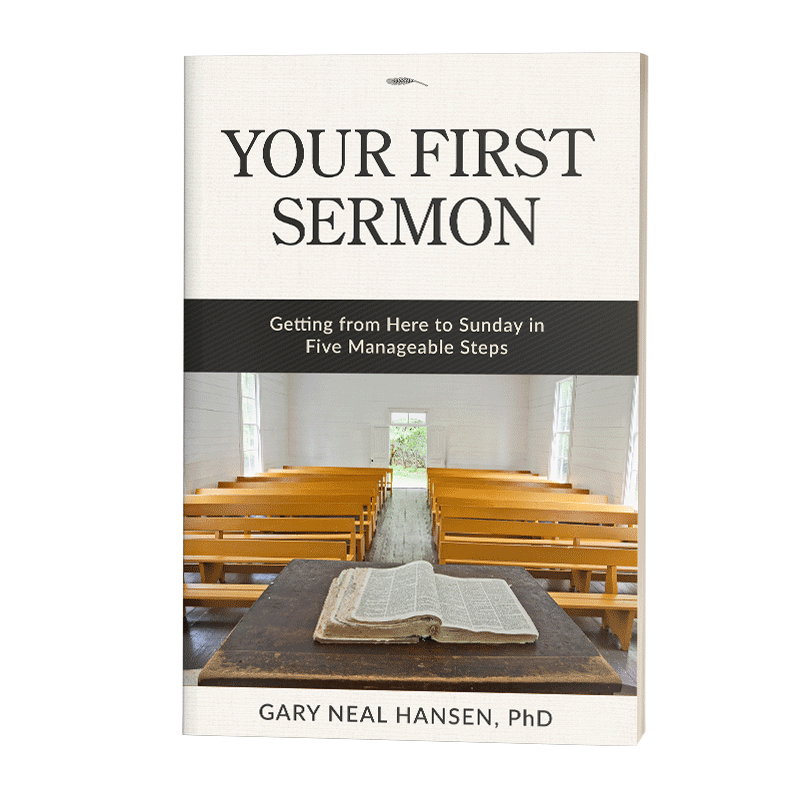
The Wedding Banquet: The Musical
This Sunday’s Gospel (Matthew 22:1-14) is known as “the parable of the wedding banquet.” It lives in my memory, and perhaps in yours as well, in the cheerful lyrics of the Sunday School song sung by happy little Lego figures in the video below.
My wife and I actually used that version in the response card for our reception.
I cannot come to the banquet, don’t trouble me now. I have (check all that apply):
__ Married a wife.
__ Bought me a cow.
__ Fields and commitments that cost a pretty sum.
Please hold me excused. I cannot come.
Okay, not everybody received that version. Only folks we were pretty sure would get the joke.
The song is cheerful. The Legos are charming.
The actual text, however, is rather … troubling. Harrowing is maybe the better word.
The Wedding Banquet Highlights Reel
If you just look at the highlights, it can all stay happy. Right?
- The prince is getting married.
- The nice king plans a big party.
- The invited guests are too busy and send their R.S.V.P. regrets.
- The king sends out servants to bring in everybody they can find and fill the banquet hall.
- Celebration ensues.
With that simplified version, you can preach a happy sermon. All the people who showed up for church will feel pretty good.
The people who got the original invitation didn’t show. But we’re right here, every Sunday, so let the party begin.
We might start to think less happily about it if we look closer. This story places us in the role of scruffy riff-raff, dragged in to fill empty seats. Viewed that way, the faithful churchgoers don’t seem so respectable. (Except maybe by grace. Perhaps that’s okay.)
If we think about the text historically we might get a bit queasy. The Jews are presumably the original invitees here. The Gentiles are, presumably, the ones dragged in from the street. Viewed that way it rings a bit anti-semitic in modern ears. It takes a great deal more immersion in Scripture to work through that one.
The Wedding Banquet Outtakes
The real troubling stuff is what the song doesn’t include — like in Luke’s shorter, tamer rendition of the story. Somehow my memory (maybe yours too?) trims a whole lot of important bits out and leaves on the editing room floor.
First, when the king sent out the original invitation, the invitees abused and killed the king’s messengers. (Matthew 22:6)
Second, because they refused his invitation and killed his messengers, the king sent out his armies and slaughtered their entire city. (Matthew 22:7)
Third, after the good news (they brought both good and bad in for the banquet), there’s the bad news. They spot this one guy who didn’t dressed up well enough. The king calls the man “friend,” then, in a not-so-friendly way,
…the king said to the attendants,
‘Bind him hand and foot,
and throw him into the outer darkness,
where there will be weeping and gnashing of teeth.’Matthew 22:13 NRSV
I want to ask that king,
If that’s how you treat your friends, what are you like to your enemies?
It all seems so … rotten. This guy was out in the street, minding his own business. The king’s servants compelled him to come inside to the banquet. Of course he wasn’t dressed for a wedding.
And why the draconian punishment? Why not just pull him aside and say,
You know, you aren’t dressed properly for a royal wedding banquet. Go home and change your clothes.
The Irrational Quality
It is all a setup for Jesus’ final declaration:
For many are called, but few are chosen.
Matthew 22:14 NRSV
People don’t like the biblical words “election” or “predestination,” where God gives grace freely, albeit inscrutably, to whom he gives it.
But here in the wedding banquet we have a non-predestinarian passage that sounds even grimmer:
Respond to the compelling generous call, and be sure to get your life in order. Repentance isn’t enough. You have to actually wear the right clothes.
There is an irrational quality to the whole affair. Maybe it was funny, or highly dramatic, the way Jesus told the story. I guess you had to be there.
But it’s helpful to remember that irrational quaility. Our human reason is inadequate to judge God’s ways.
God does what God does, in terms of calling us, drawing us, redeeming us.
God does what God does, in terms of giving us gifts and making use of those gifts for his purposes.
And it’s even more so when it comes to God’s ways in the larger world.
God does what God does in nudging the nations, stirring history, the wind waves and weather.
What God “does” and what God “allows” can be vexing topics to explore when you see what happens in God’s own beloved world.
It is inscrutable. It is beyond us. Sometimes we get hints of what’s going on. More often we just have to love God and neighbor despite it all.
Meanwhile: There’s a big banquet. Let’s all be sure and show up.
++++++++++++
Hey, I have a new book out! I wrote it for first time preachers — but some seasoned preachers have told me that it has helpful guidance for them too. I hope you’ll check it out. Click here or on the image to pick it up on Amazon through my affiliate link:


That’s a good one! Clarifies some things for me regarding this Sunday. Thanks.
Thanks so much Tim! Wonderful to hear from you. Hope you all are doing well in these crazy days.